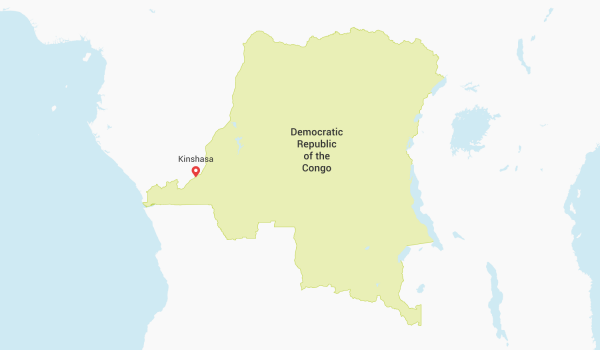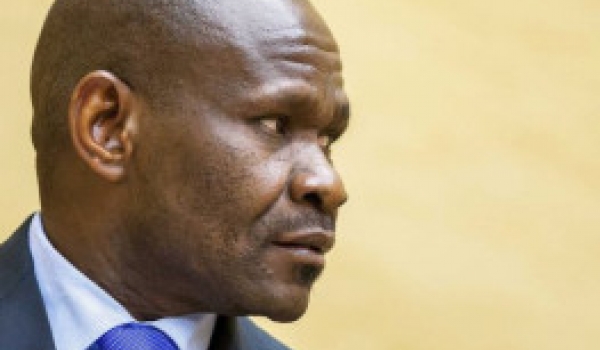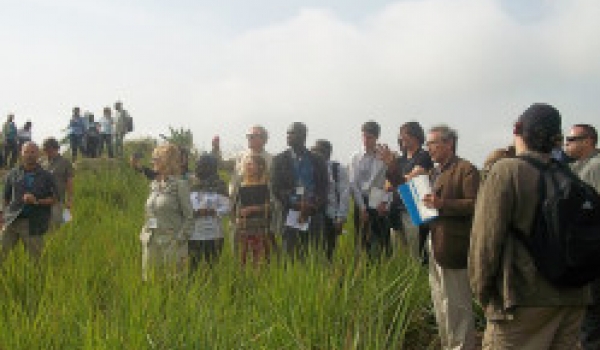Bogoro village massacre
A violent armed conflict between Lendu, Ngiti, and Hema ethnic groups consumed eastern DRC's Ituri province from 1999-2003. On 24 February 2003, the Force de résistance patriotique d'Ituri (FRPI) and the Front des Nationalistes et Intégrationnistes (FNI) militias, consisting of Ngiti and Lendu rebels respectively, launched a reprisal operation against Hema civilians in Bogoro, a strategic point on the road between district capital Bunia and the Ugandan border - the Hema-dominated Union des Patriotes Congolais (UPC) had seized control of Bunia with Uganda's assistance in 2002. Evidence from the attack shows murder, pillaging, destruction of property, sexual crimes, and the use of FRPI child soldiers. 200 civilians were killed, and following the attack, Hema civilians' property was pillaged and women and girls from Bogoro abducted to serve as "wives" for combatants.
ICC seeks arrest of Mathieu Ngudjolo Chui and Germain Katanga
Mathieu Ngudjolo Chui was allegedly one of three former leaders of the Front des Nationalistes et Intégrationnistes (Allied Forces of the Nationalist and Integrationist Front, FNI), an armed rebel group fighting for political and military control of Ituri in the DRC. He was alleged to have been pivotal in planning and executing an attack against Bogoro village in Ituri around 24 February 2003 - a joint effort with the Forces de Résistance Patriotique d’Ituri (FRPI), whose commanders included Germain Katanga. ICC warrants were issued for the arrest of Katanga (2007) and Ngudjolo (2008).




